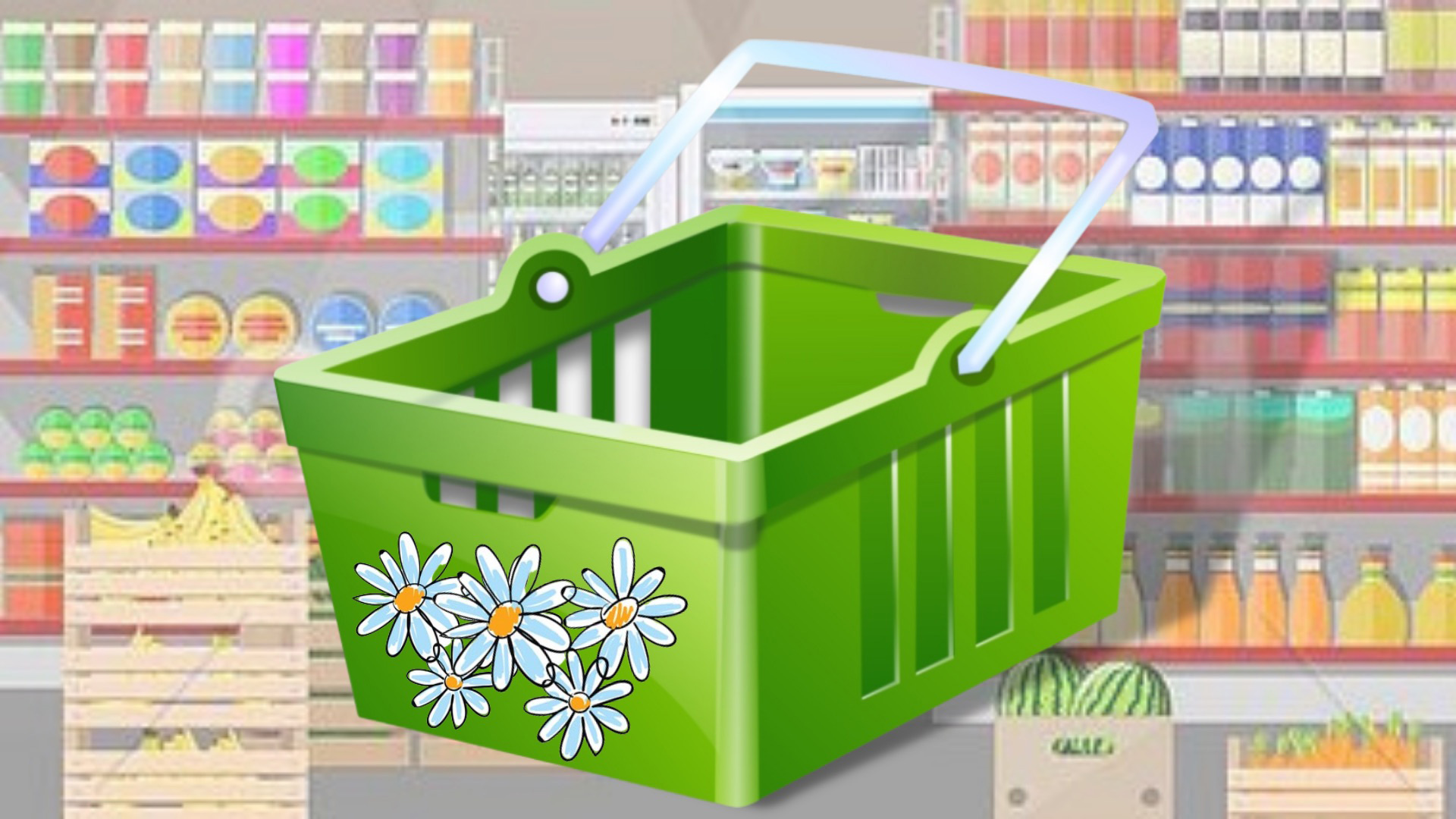
Understanding the Codes
Mikala Jones discovers how a bruise on your shoulder can mean very different things in Massachusetts than it does in Georgia.
I am a born-and-raised north Georgian who attended Young Harris College. Over those first two decades of my life, I internalized the coded behaviors and language of our community. My ingrained codes tied neatly to the South and southern Appalachia, but graduate school at the University of Massachusetts Amherst turned the dial of “compare and contrast” up to nine. When I am home, I know how to match expectations: how much wait-time is anticipated when holding open a door for someone, whose first names to add “Ms.” or “Mr.” in front of, and which opinions to put a pin in at friends’ supper tables. Those are not universal rules. Knowing the codes of a community is how you become a part of that community. If you do not understand those codes, even small exchanges can be rife with accidental impoliteness.
When I lived in Massachusetts, I tried to adopt a new code: I would not fill space in small talk with strangers. That is, most of the time, I remembered to stop myself before spurting more than “hi” and a nod. One instance of prompted over-sharing stands out from that time, and misunderstanding instigated it. While waiting in line for a campus parking permit a few days before classes began, a stranger behind me blatantly asked if I was OK. Surprised, I ensured her I was — or would be when I finally could move on with my day. She then stared pointedly at my right arm.
Oh, mystery solved.
There was a multi-colored bruise on my arm the size of a tea saucer. She had never seen the effects of a 12-gauge kick before and certainly not the markings of a mis-positioned one. This stranger who had no reason to speak with me crossed an assumed boundary to ask about my well-being — a serious inquiry, not small talk. Unlike my friends back home, she did not make fun of me for the misplaced bruising that announced to everyone I cannot shoulder a big shotgun. She instead simply made sure I was not in a harmful situation. In hindsight, I do not think we even exchanged names.
Since that moment in line and my return home, I have not found myself explaining shotgun bruises to strangers; my community knows how a post-shotgun shooting arm looks. And, for the record, I have since parted ways with the 12-gauge. A small interaction overall, but one that challenged what I thought I knew about casual community support and place-based norms.
I am now re-enmeshed in the north Georgia community I know best, and I am grateful for the distance that helped me pay attention to distinctions in place and civility. For example, last week in Dollar General I nodded at a stranger in passing. Ten or so minutes later, he reappeared with his own buggy and a small basket. With nothing more than a soft chuckle, he handed me the basket to dump my armload of dog treats and cleaning supplies into before he ventured across the aisle. This random one-sided nicety is not noteworthy despite its reiteration here, and a few years ago that moment would not have occupied space in my memory – much less make it into my writing.
Though weighted differently, these small acts of kindness are not unique to a particular area, community, or code, and I would be a liar if I said only people in Southern communities know how to support one another. However, Southern civility is something to notice and appreciate, especially because — due to casualness and regularity, at least in my experience — we become desensitized to it. Moments such as passing a shopping basket to an ill-prepared stranger are no longer thoughtful favors, they just are.
Mikala Jones-Wall joined Young Harris College’s Department of Literature and Languages in 2020 soon after earning her master's degree in English Composition and Rhetoric from the University of Massachusetts Amherst. She holds a bachelor's degree in English Literature from Young Harris College and is proud to be from Union County, Georgia. Beyond reading and writing, Mikala also enjoys hiking, learning new crafts, and pretending to leash-train her cat, Hadley.

